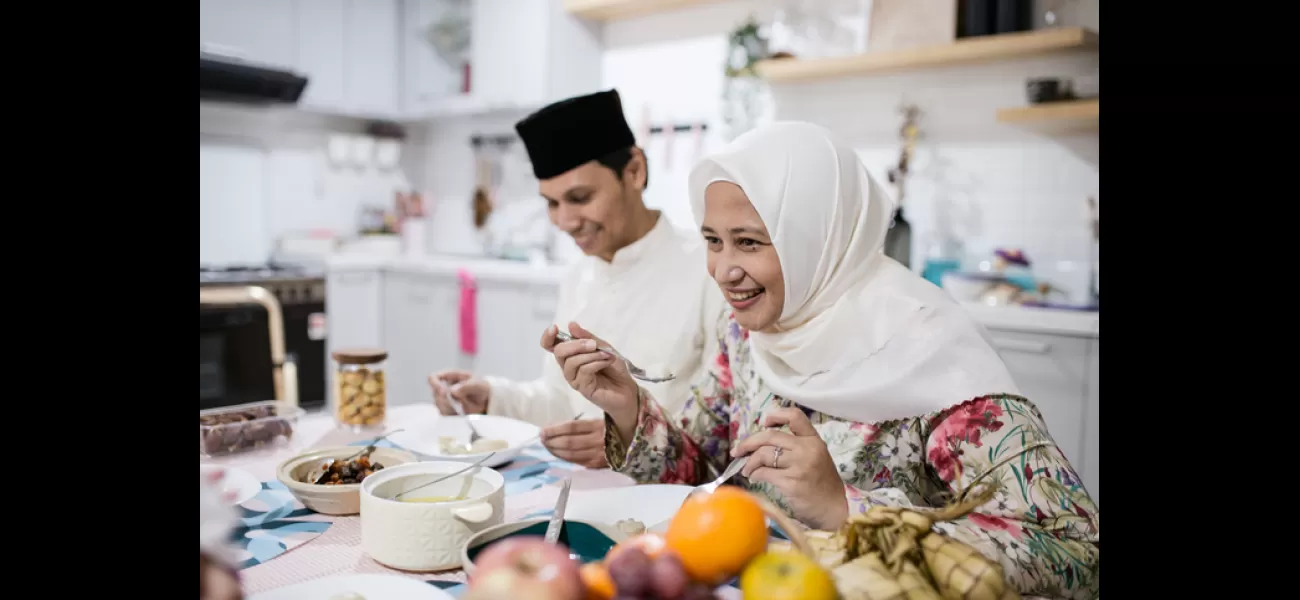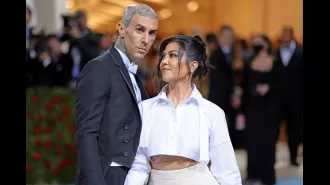You can't eat before Eid al-Adha prayer, but other Eid customs are allowed.
Follow recommended guidelines for best results.
June 28th 2023.

Today marks the start of Eid al-Adha, one of the most important dates in the Muslim calendar. Celebrated two months after Eid al-Fitr, it coincides with many Muslims performing the Hajj pilgrimage. Taking place on the tenth day of Dhu al-Hijjah, the 12th and final month in the Islamic calendar, Eid al-Adha is a time for family and friends to get together, exchange gifts, and enjoy the feast.
One of the biggest questions surrounding the festivities is when to eat. During Eid al-Adha, it is recommended, or ‘mustahabb’, to eat once you return from prayer. Eating beforehand is not mandatory but is still advised. According to IslamQA, ‘on Eid al-Adha it is recommended not to eat anything until one comes back from the prayer, so he should eat from the udhiyah if he has offered a sacrifice. If he is not going to offer a sacrifice there is nothing wrong with eating before the prayer.’
This differs from Eid al-Fitr, where it is recommended to eat before prayer. Al-Fath, the 48th chapter of the Qur’an, notes that eating ahead of time is to ‘ward off the possibility of adding to the fast, and to hasten to obey the command of Allah.’ It is customary to eat an odd number of dates before going out to pray during Eid al-Fitr.
Eid al-Adha is an important time to be with family and celebrate the blessings of Allah. With so many customs to keep in mind, it can be hard to keep track. Hopefully, this guide has provided some clarity on when to eat and the etiquette surrounding prayer. Wishing you and your loved ones a blessed Eid al-Adha.
One of the biggest questions surrounding the festivities is when to eat. During Eid al-Adha, it is recommended, or ‘mustahabb’, to eat once you return from prayer. Eating beforehand is not mandatory but is still advised. According to IslamQA, ‘on Eid al-Adha it is recommended not to eat anything until one comes back from the prayer, so he should eat from the udhiyah if he has offered a sacrifice. If he is not going to offer a sacrifice there is nothing wrong with eating before the prayer.’
This differs from Eid al-Fitr, where it is recommended to eat before prayer. Al-Fath, the 48th chapter of the Qur’an, notes that eating ahead of time is to ‘ward off the possibility of adding to the fast, and to hasten to obey the command of Allah.’ It is customary to eat an odd number of dates before going out to pray during Eid al-Fitr.
Eid al-Adha is an important time to be with family and celebrate the blessings of Allah. With so many customs to keep in mind, it can be hard to keep track. Hopefully, this guide has provided some clarity on when to eat and the etiquette surrounding prayer. Wishing you and your loved ones a blessed Eid al-Adha.
[This article has been trending online recently and has been generated with AI. Your feed is customized.]
[Generative AI is experimental.]
0
0
Submit Comment





